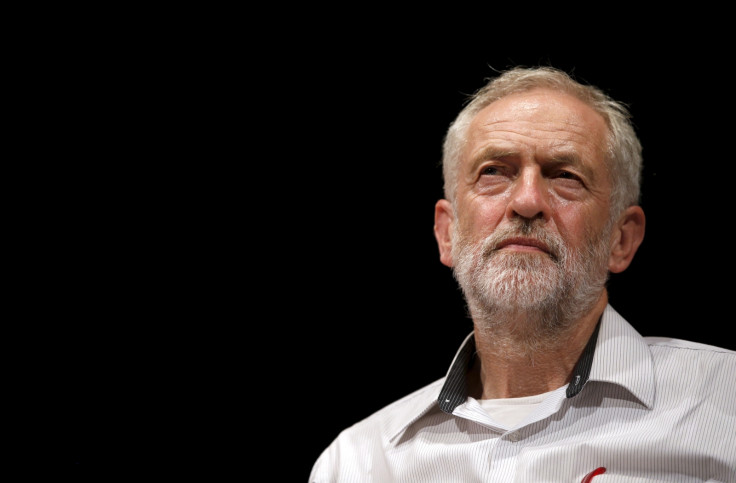Jeremy Corbyn: The leader the Labour Party deserves

With every week that passes, the prospect of a Jeremy Corbyn victory in the Labour leadership election looks like becoming a reality. It could all be just the summer silly season going into overdrive. Let us not forget that in summer 2012 aliens from outer space, with nothing but the British press to go on, might have assumed that one Boris Johnson was about to be carried into Number 10 on the shoulders of an adoring people.
This time, though, the polls (which are never wrong, of course) are suggesting there really is something to this lunacy. This time, it's not just a bit of fun cooked up by journalists – this might actually happen.
Those on the non-Corbyn wing of the Labour party have in large part laid the blame for this unexpected turn of events on the changes to the leadership election rules that have allowed Labour "supporters" to vote in the contest, despite not being fully paid-up members of the party.
They point to examples of self-professed Corbyn supporters who just a few weeks ago were members of other parties, such as the Greens or some of the more obscure left-wing splinter groups. Why should such turncoats get just as much say in who runs the Labour party as people who have been members for decades? Or so goes the argument.
Yet the problem is not with the "entryists" but with the body they are trying to enter. Corbyn is not an entryist. He has been a Labour MP for decades and his views and some of his more questionable associations can hardly have been secrets to the Labour party.
If his views are so unacceptable to the Labour party, why was he not expelled or deselected? If his views are acceptable then how can people complain when people with those same views join the party? If Corbyn gets elected, it would be no more than the Labour party deserves.
Lack of talent
Perhaps the most depressing element of this whole contest has been the way it has put on full display the complete dearth of talent in the upper reaches of the Labour Party. It was bad enough in 2010 with David Miliband, the most ludicrously overrated man in British politics, being touted as a political colossus (can anyone remember a single speech, action or policy of his of any worth?). Yet in 2015 when the contest began, Andy Burnham was considered to be the front runner. Andy Burnham for heaven's sake.
Poor Burnham is one of the few people ever to have lost an election to Ed Miliband. His great pitch to the nation in 2010 was essentially "I'm northern and working class". Sadly in the five years since then, his view of his leadership qualities has not changed. Presumably he thinks George Formby was better suited to facing down Hitler than Winston Churchill was.
Liz Kendall is too much of an unknown quantity to really make a proper judgment about. Her campaign could be summarised as "I'm a Blairite and Blairites win elections". This is certainly an improvement on Burnham's gravy and chips routine.
Cooper as extreme as Corbyn?
Meanwhile, Yvette Cooper's strategy appears to have been not to say anything at all in the hope that she'll pick up all the second preferences from her more ideological (or more working class) rivals. Still there are indications that in some respects she may be just as extreme as Corbyn.
In a recent interview with the New Statesman, Cooper appeared to suggest one of the most sinister bodies in British society was the family. She said: "I've always found the Blue Labour approach to family and community actually just too traditional, too anti-women... There's something in that whole tradition... that always assumes all communities are good.
"You just have strong communities and that's a good thing. Actually no, some communities are really oppressive and, you know, divisive. Or that all families are a good thing. Well, actually, there's abuse and there's violence within the family, and you should be strong about justice as well as about families."
Clearly Cooper is not saying that all families are rife with abuse, oppression and sexism, but her apparent view that the private family should be eyed with suspicion by the state is one that would be just as at home in the Soviet Union as some of Corbyn's wilder economic policies.
Perhaps Corbyn's supporters are right at the end of the day. He may be unelectable but, as some of them have pointed out, so are the other three.
© Copyright IBTimes 2024. All rights reserved.








